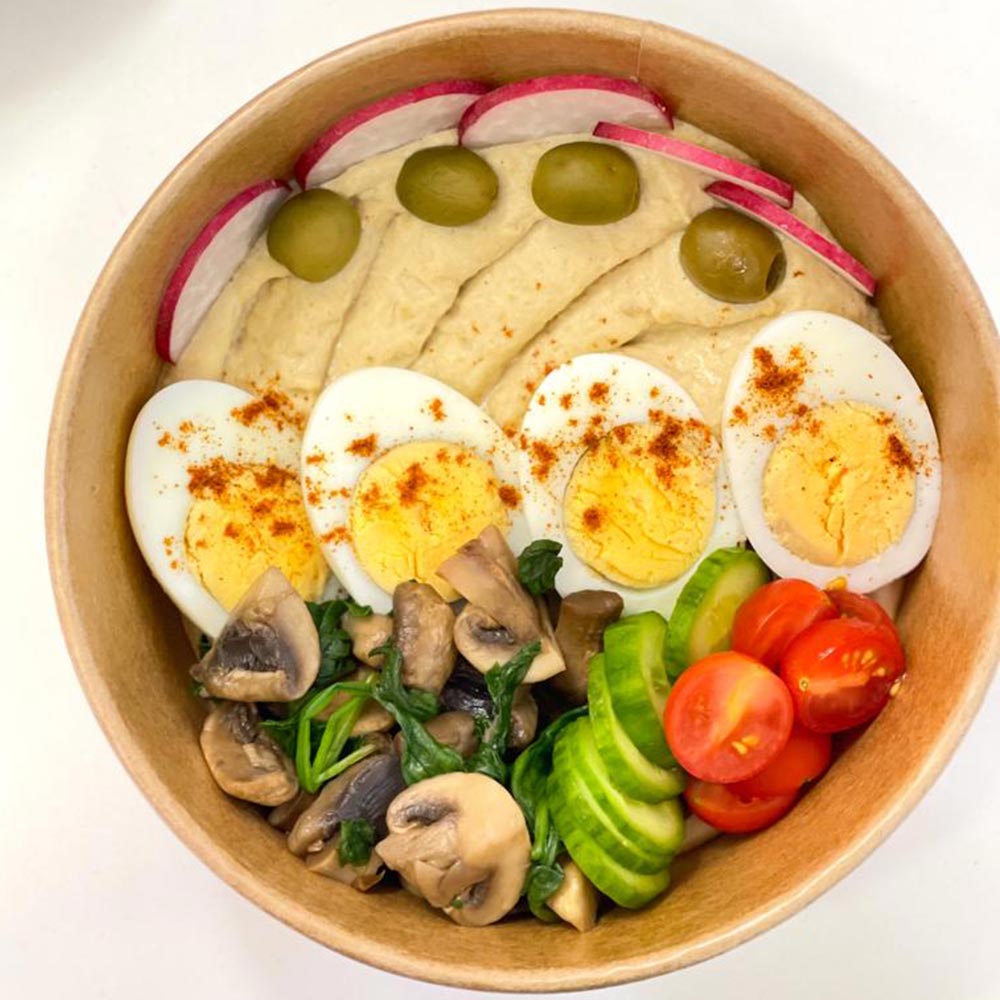Some school of thought clearly says and I can so relate
that: prior planning prevents poor performance. Although it may sound like
those motivational speakers with the many clich's on the platter, the weight of
this sentence is solid and as such can find application in all facets of life.
Just like we plan how our day ought to go, how our life
should be when we should be seated at home to catch soccer with bae, and when
is the next barbecue night with the boys, sleepover with the girls, and all
that magic...planning!
In today's read, I will be sharing the point of view on meal plans, if essential, when essential, and everything that comes around it.
What are meal plans?
A meal plan is an approach that is used to plan out what you or someone else will eat on a specific day, week, or month. Meal plans are an excellent approach to planning and/or tracking what you eat. It covers food kinds and portions, including dietary fibre, knowing optimum serving sizes, managing dining out and special events, and incorporating all recipe types, among other criteria on how their meals are served and consumed.
Why are meal plans important?
Meal planning has several advantages that can help to lose
weight, improve general health, and minimize mealtime stress. Some of the importance
of meal plans are listed below as a guide.
- Sample more options.
With meal planning, you get enough time to plan and be
creative with your choice of meals compared to having the basic meals because
of time, or availability of choice meal ingredients.
- Save money.
With meal planning, you can cut down spending on takeaway
and eat out. If there's one clear distinction, meal planning helps one become
more aware of how much money can be spent on meals.
- It drives portion control.
Everyone may be talking about portion control, but who is
doing the walk? Take, for instance, if your objective is to lose weight, a meal
plan can help you control portion sizes, making you less likely to overeat.
- You save your time.
Planning your meals for a week or month can help you manage
your time better. By planning and organizing your meals, there are no more
last-minute trips to the shops, and this reduces the aimless wandering and
overspending when at the grocery store.
- Avoid unhealthy food choices.
Meal planning aids in the preparation of a nutritious meal. This means you've gotten rid of the possible thought to make bad last-minute judgments about meals with excess calories and salt, and they may undermine your weight-loss or health-related goals.
What should your meal plan include?
A good meal plan should be portion controlled with
vegetables, fruits, whole grains, and fat-free or low-fat dairy products.
Your meal plan could include poultry products, fish, beans, lean meats, eggs, and different types of nuts. fewer added sugars, saturated and trans fats, and sodium should be considered when drawing up a meal plan.
How do you make a meal plan?
- Decide your meal planning style.
- Stock up on staples as you equip your kitchen.
- Evaluate your week, then plan meals accordingly.
- Schedule a day for shopping.
- Decide which meals you want to cook.
- Draw up a list of recipes.
- Make your grocery list and shop.
- Cook, and enjoy your meals as planned.
Are meal plans that essential?
After that entire read, you should have your answers by now.
Meal plans are essential if not for anything, remember that being too tired and
hungry can lead to poor food choices, so it's handy to have meals ready to go
when you are.






























